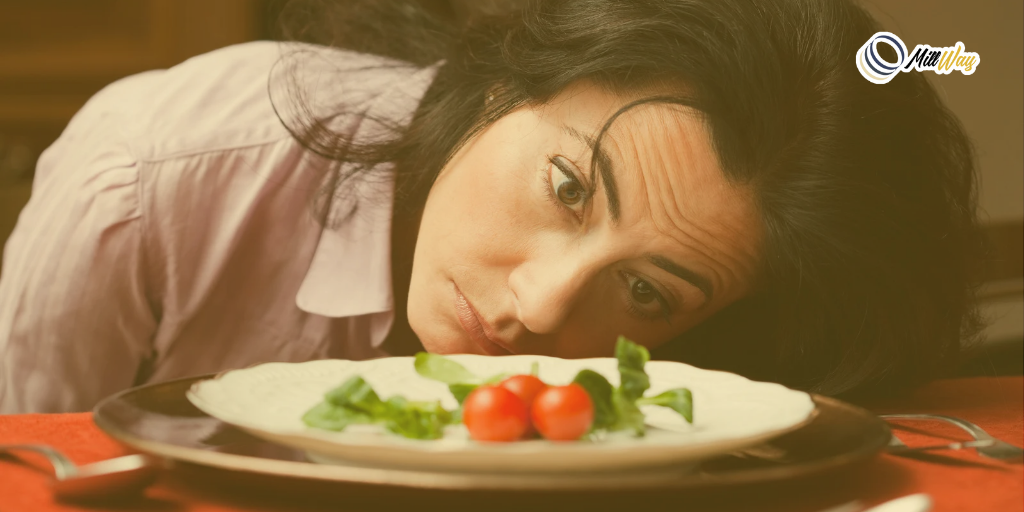
There’s nothing wrong with wanting to eat healthy. But when the obsession with “clean” or “pure” foods becomes excessive, it can backfire. This phenomenon is called the overclean diet or orthorexia. People who struggle with it often refuse almost any food they perceive as “unhealthy,” even if it is still nutritious.
Unlike normal healthy eating, the overclean diet is marked by an excessive fear of certain foods. For example, someone may only eat organic vegetables, avoid all processed products, or reject foods with even small amounts of sugar or salt. This rigid behavior can deprive the body of essential nutrients.
The consequences can be serious. Beyond nutrient deficiencies from overly strict restrictions, the overclean diet also disrupts social and emotional well-being. Imagine not being able to enjoy meals with family or friends because the menu doesn’t meet your standards. Over time, this creates feelings of isolation and adds more stress.
Take the example of Anna. At first, she simply wanted to live healthier by cutting back on junk food. But over time, she began to reject almost all foods except fruits, organic vegetables, and meals she cooked herself. When invited to eat out with friends, Anna often declined out of fear the food wouldn’t fit her “clean” standards. Eventually, she lost significant weight, felt socially isolated, and grew increasingly stressed. Anna’s story illustrates how a good intention can spiral into a harmful habit when taken to extremes.
The first step to recovery is realizing that no single food is 100% perfect. True health comes from balance, not extreme restriction.
